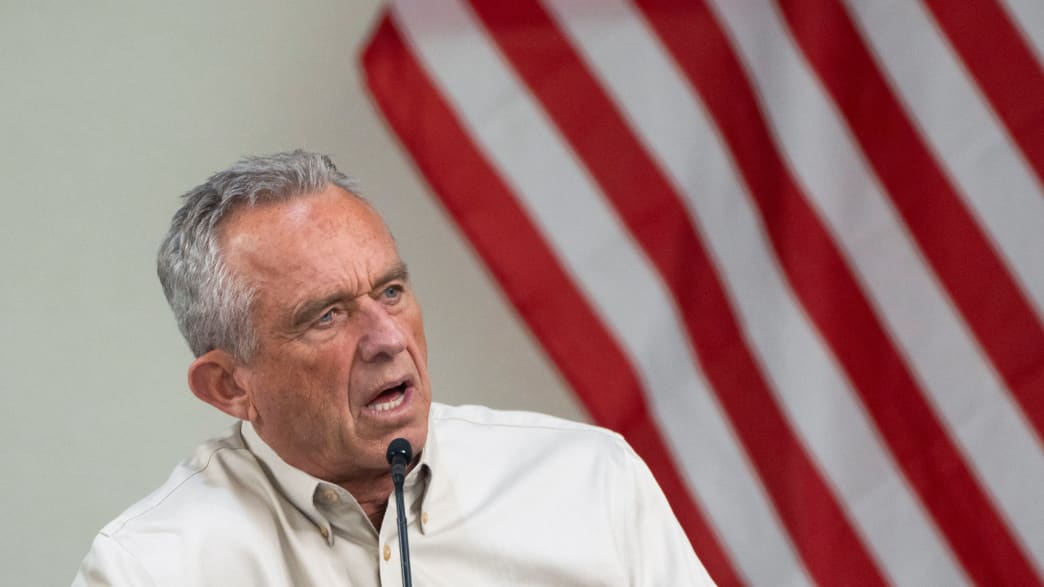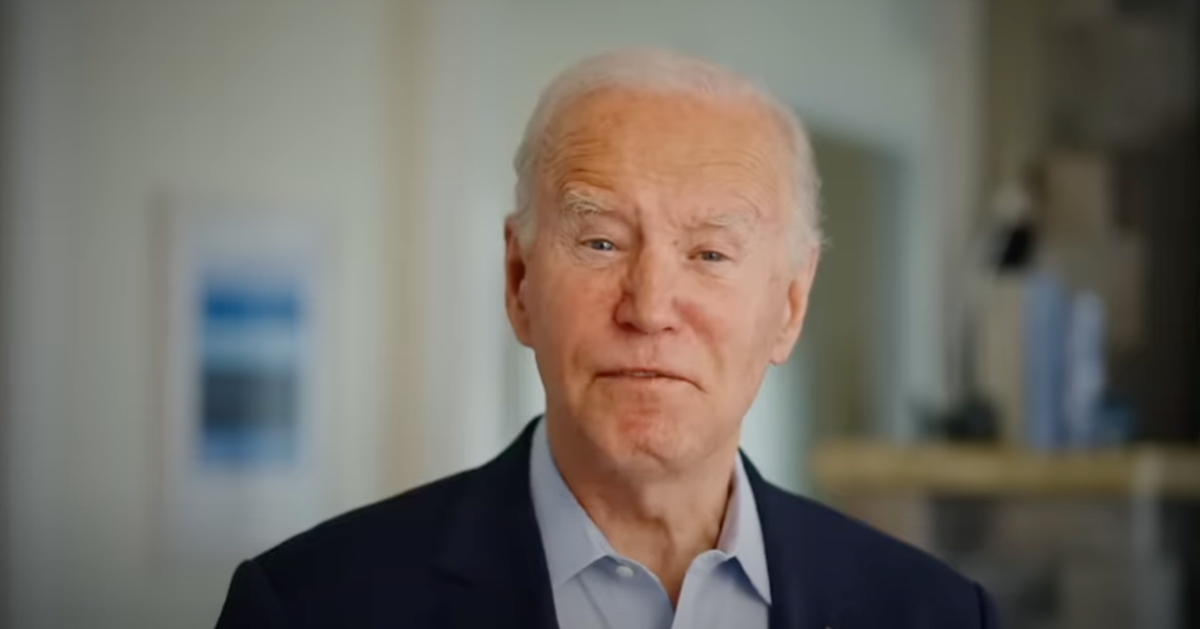Trump Proposes Tax Deduction for Car Loan Interest
Former President Donald Trump made headlines on Thursday with a bold announcement aimed at transforming the auto industry.
Speaking before a crowd at the Detroit Economic Club, Trump pledged to offer a tax deduction for interest paid on car loans should he secure a second term, as the Post Millennial reports, a move that comes as part of a wider campaign initiative to invigorate domestic automobile production and is sure to rattle the Kamala Harris campaign.
Aims to Revitalize U.S. Auto Industry
The former president's address in Detroit centered around a theme of economic renewal, with a particular focus on the auto sector. He expressed confidence that making car loan interest tax-deductible would serve as a catalyst for increased vehicle purchases across the country.
Trump underscored the significance of this measure by asserting its potential to elevate U.S. auto manufacturing above historic highs.
The strategical centerpiece of Trump's economic assertions revolved around reviving domestic auto manufacturing. He painted a vision of potential prosperity, declaring that these policy changes would return Detroit and Michigan to their venerable status as industrial powerhouses.
Trump linked this financial incentive to broader tax reforms, emphasizing that the tax-deductible interest would alleviate costs and thus promote expanded car ownership.
Trump's plans, however, extended to more comprehensive economic measures. He advocated for cutting taxes more broadly, reducing bureaucratic regulations, and curtailing unnecessary government expenditure. He connected these actions with driving down costs while increasing disposable income for consumers.
Addressing Foreign Competition
Within his discourse, Trump also took aim at international competition, specifically criticizing Chinese automotive companies that manufacture their vehicles in Mexico for sale in the U.S.
His statement highlighted a pledge to counteract these practices, signaling a protective stance towards domestic industries. The proposal to restrict such external business practices aligns with his intent to boost internal manufacturing capabilities.
The former president's economic plans are designed to counteract foreign encroachments on the U.S. auto market. Trump pledged to protect and enhance American labor by fostering conditions that favor U.S.-produced vehicles, a promise that seeks to resonate with workers who once saw Detroit as the heart of industrial advancement.
Domestic Policies and Economic Growth
Trump’s intended policies with regard to tax relief did not stop with vehicle loans. He broadened his vision to include the elimination of taxes on tips, Social Security benefits, and overtime pay.
These elements of his economic blueprint reflect an overarching ambition to streamline individual and household savings.
In addition, Trump spoke of "unleashing energy production" as a fundamental prerequisite for reducing living costs for Americans. This approach outlines a multi-pronged economic strategy designed to accommodate energy independence as well as stimulate domestic industry growth.
Campaign Critiques and Election Rhetoric
While outlining his policies, Trump also turned his attention to his political opponent, Democratic nominee Kamala Harris. He suggested that under Harris’s presidency, the whole nation might replicate the perceived decline of Detroit. Such comparisons underscored his critique of Harris's leadership capabilities, a rhetorical device employed to solidify his narrative of renewal against perceived stagnation.
In his critique, Trump's rhetoric drew sharp contrasts between his plans and his opponent’s approach, leveraging the condition of Detroit as a cautionary tale.
While political forecasts remain uncertain, Trump has made it clear that his policies are framed as both corrective and futuristic, aiming to offer solutions that he argues will prevent economic regression.
Conclusion: Comprehensive Economic Vision
Trump’s proposals encapsulate a broad economic vision that prioritizes tax reform and manufacturing growth. By suggesting the deduction of car loan interest, he introduces policies that may influence consumer behavior and manufacturing outputs. His comprehensive approach also includes adjusting various tax structures to afford greater financial flexibility to Americans.
Fundamental to Trump’s plan is the philosophy of economic invigoration, with the objective of bestowing renewed vibrancy upon the U.S. auto manufacturing scene and wider national economy. Through his proposals, Trump aims to surpass past achievements in terms of production volume and economic prosperity, ensuring that vital regions like Detroit regain their historical significance.






